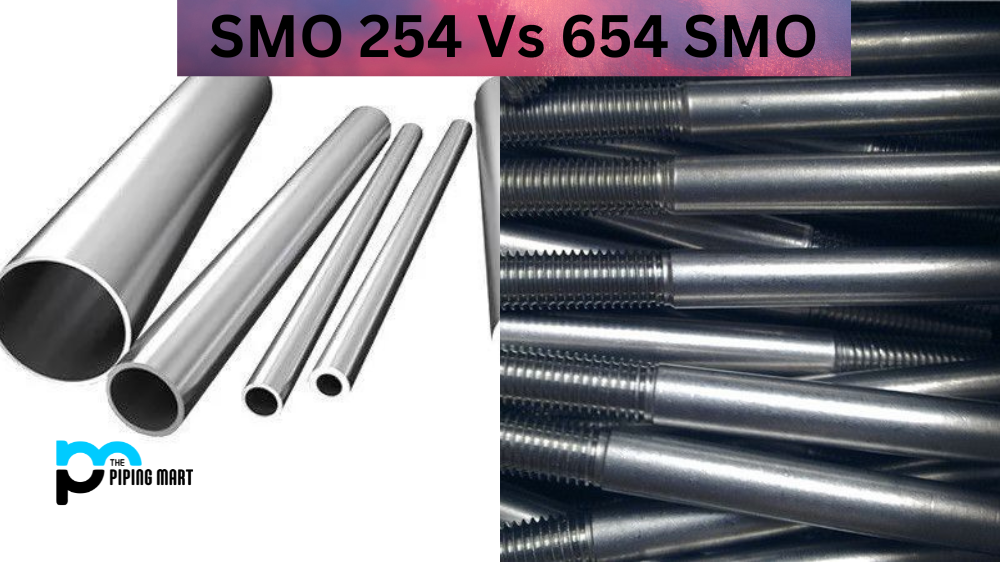316 stainless steel is a popular choice among many industries due to its superior strength and durability. But is it austenitic? Let’s find out!
What is Austenitic Steel?
Austenitic steel is one of the three main types of stainless steel, ferritic and martensitic. It has a higher chromium content than other types of stainless steel, making it corrosion-resistant. This type of stainless steel also has excellent formability and weldability.
Is 316 Stainless Steel Austenitic?
The answer is yes! 316 stainless steel contains sufficient chromium to make it an austenitic material. It also has molybdenum added, which further improves its corrosion resistance. This makes it ideal for applications that require superior strength and durability, such as food processing equipment.
Benefits of 316 Stainless Steel
Aside from its superior corrosion resistance, there are several other benefits to using 316 stainless steel for your project or application. It offers excellent machinability, allowing you to create complex shapes with ease. Its high thermal conductivity also means that it can handle extreme temperatures without losing any structural integrity. Finally, it requires very little maintenance and can be cleaned easily with soap and water.
Conclusion:
In conclusion, 316 stainless steel is an excellent choice for applications that require superior strength and durability due to its austenitic properties and high chromium content. Its excellent formability, weldability, machinability, thermal conductivity, and low maintenance requirements make it the perfect material for many industries, including food processing equipment manufacturers. With all these benefits in mind, why not try this amazing material today?
Meet Heer, a dynamic and driven writer learning tricks of her trade in the metal industry. With a background in Digital Marketing, Heer brings a unique perspective to her writing, sharing valuable insights. Apart from blogging she like reading and hiking.




